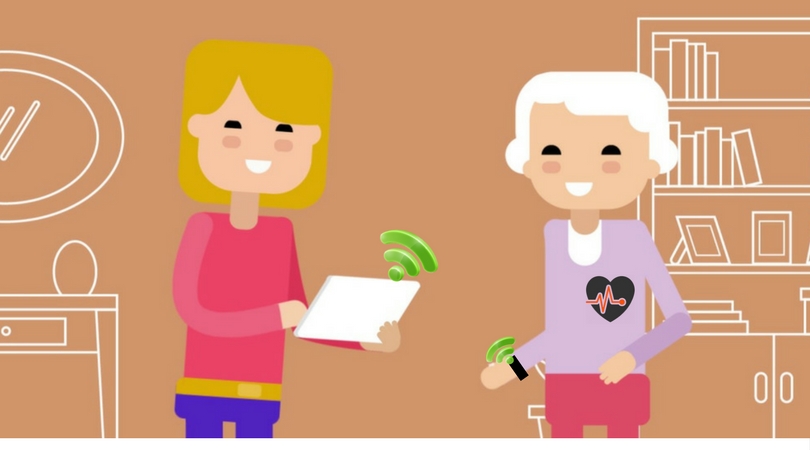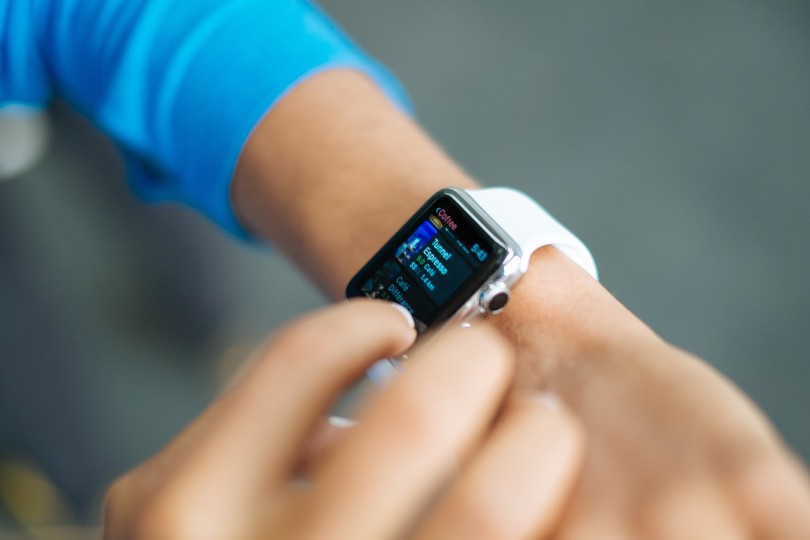IoT In Healthcare Makes Elderly Carefree Again
Dear Readers,
Over the years, taking care of elder members in the family has become a matter of prime concern in the lives of urban families. More so because of the struggle we put up each day to take off time for family and self. With the advent of the unprecedented technology called the Internet of things over the past couple of years, improved quality of life for the aged and elderly is evidently possible. With the family of wearables like smart watches, fitness bands, etc. introduced to the world, taking care of your loved ones has never been easier.
It is a universal fact that senior most members in the family often find themselves ruled out of social gatherings, largely because of some good old ailment. Incorporating a gamut of IoT-enabled systems, the elderly will be able to stay independent for longer durations and happily participate in and contribute to the activities in and around the house. Simply put, going by the examples, the elderly would simply be empowered to perform routine and easy tasks like keeping a tab on their weight or blood pressure, and mapping time and again their heart rate and respiration, only by the continuous usage of a wearable device operating on the fundamentals of IoT.
A number of recent discoveries in the healthcare sector, are readying us inadvertently, for a new technological dawn, a whole new exciting revolution in patient monitoring and care across the globe. As more and more devices are getting connected over the internet and to each other, present tools for traditional applications and data management would probably be inadequate to meet the unaltered and precise analysis required for the massive, ever-expanding and complex data sets known as Big Data. Challenges in the conventional applications include data capture, data curation, search, storage, sharing, analysis, transfer, querying, visualization and information privacy. With IoT-enabled wearables not only consumers like us would reap gains, but also healthcare professionals would benefit over the ease of maintaining the history of patients they are handling. In all considerations, it is a way forward – to make elderly care easy and a few clicks away.
There’s no arguing that investments in data and analytical tools, the network and cloud computing infrastructure will drastically enhance the quality and efficiency of India’s healthcare industry.But having said that, IoT will also result in reducing the long-term cost of healthcare on the whole, making it more end-user friendly. Here’s how!
Putting forth in a nutshell, the IoT-enabled smart wearables is expected to have a profound impact on healthcare in India with improved access to quality care and possible cut down in the cost-of-care. Additionally, it might have major substantial impacts on the health economy in the near future with the service going as easy on you as a finger-tap.
Do drop us a line! We so appreciate your inputs.
Author :
Harsha Thakur
Senior Technical Content Writer











Leave a Reply